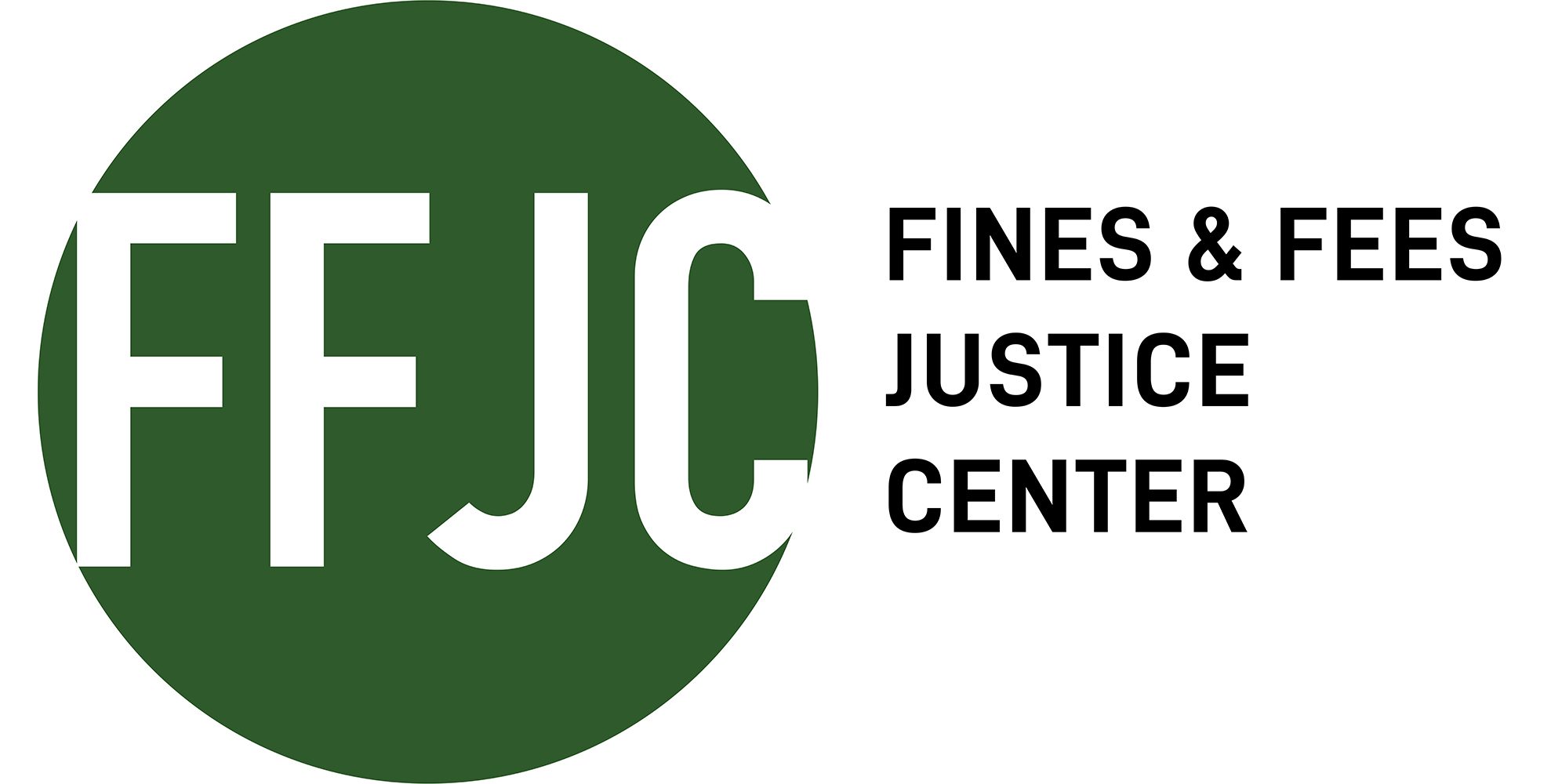- About 1.7 million Texans do not have a valid license because of unpaid fines and fees.
- Overall, about four in five driver’s license suspensions and holds result from nonpayment of a criminal justice system cost.
This report discusses the various ways debt-based driver’s license suspensions harm Texas drivers, especially those that are low-income and minorities. The authors thoroughly discuss the negative impacts of the Driver Responsibility Program (DRP), which was repealed in September 2019, and the OmniBase Program. Texans were assessed additional fines and surcharges through these programs, making low-level traffic citations a gateway to prolonged and costly criminal justice system involvement. The report includes videos starring drivers who were harmed by these fines and fees practices and recommendations for state and local reforms.
You can read the full text of the report here.
Key findings
- Approximately 7 in 10 license holds and suspensions in Texas are directly because of unpaid fines and fees.
- Regardless of the reason a person does not pay their surcharges, the Department suspends their driver’s license.
- As of January 2018, unpaid charges related to the Driver Responsibility Program (DRP) and OmniBase holds resulted in 1.8 million people without a valid license.
- About 85 percent of DRP suspensions are due to unpaid surcharges for driving without a valid license or without insurance rather than DWI or moving violations.
- Although the Incentive Program for DRP allows people to apply for a waiver of their surcharges, most people who are eligible for the program do not know about it and do not apply.
- More than one in four OmniBase holds between 2013 and 2017 were a result of poverty-related offenses such as driving without insurance, displaying expired license plates, driving with an invalid license, or no driver’s license at all.
- More than 238,000 licenses with OmniBase holds have been expired for at least five years, representing 49.4 percent of all expired licenses with OmniBase holds.
- While only 11 percent of Texas’ licensed drivers are Black, Black drivers account for 28.6 percent of drivers who have expired licenses, which cannot be renewed because of OmniBase holds.
- On average, Black drivers are less likely to afford fines and costs since the percentage of Black families living in poverty is higher than the percentage of White families and the median household income of a White family is higher than that of a Black family.
Recommendations
- Abolish or reform the OmniBase Program by modifying the instances in which holds are used and the time frame in which they are lifted, and limiting the amount of holds that can be issued per person.
- Repeal the Driver Responsibility Program and Fund Trauma Care without relying on funds from the Criminal Justice System. (The Driver Responsibility Program was repealed in September 2019.)
- End Departmental Suspensions.
- The Texas Legislature should require waiver of reinstatement fees upon a showing of inability to pay to either a court or the Department.
- Reduce Driving while License Invalid charges to class C misdemeanors.
- Develop local programs to assist people with license restoration.
See the full report for the complete list of recommendations.
